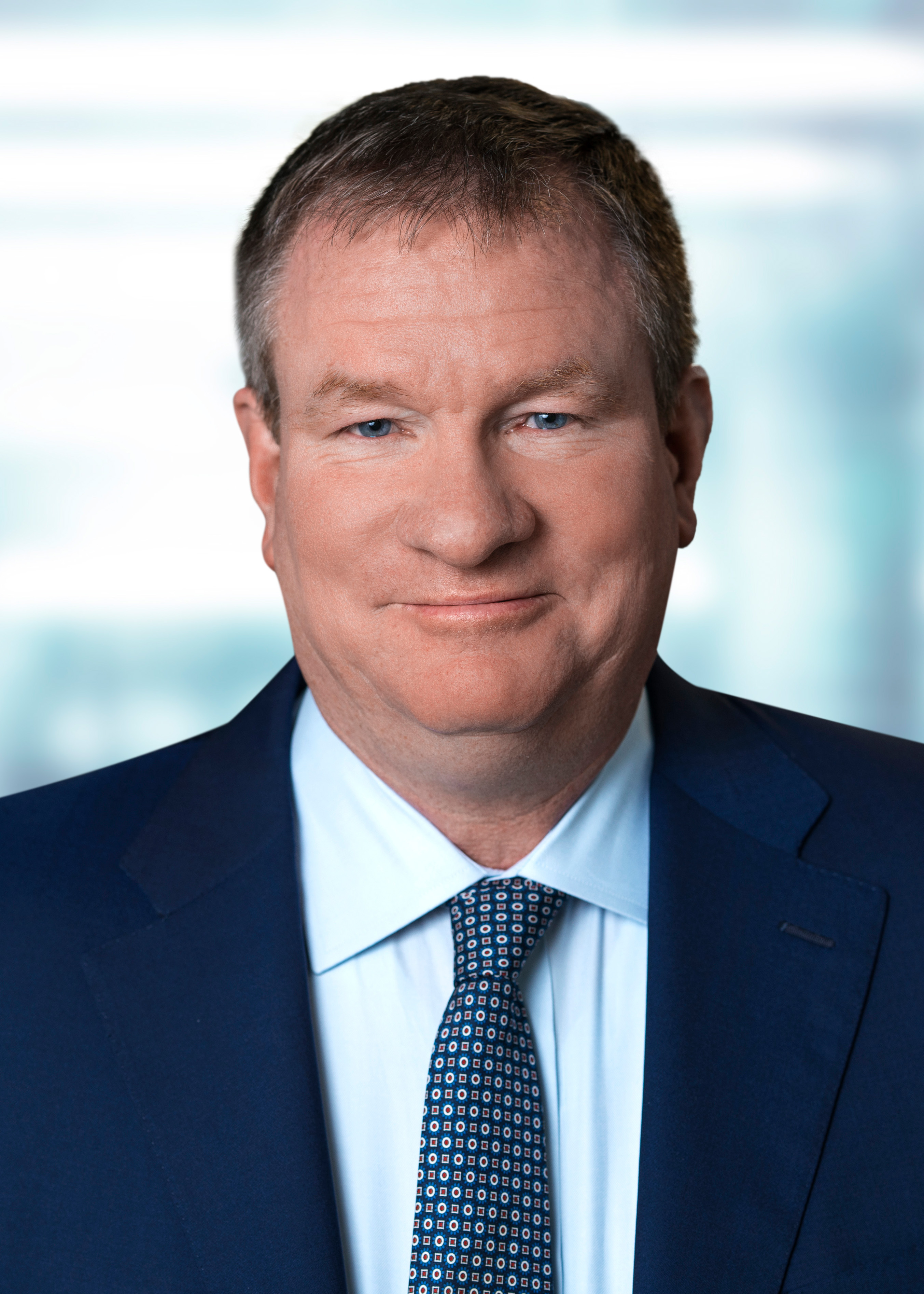
Bradley H. Feldmann has served as President and Chief Executive Officer of Cubic Corporation since July 2014. Overseeing the operations of Cubic’s three business divisions, Cubic Transportation Systems, Cubic Global Defense and Cubic Mission Solutions, Mr. Feldmann implements management and operation processes as well as overall strategic vision for the corporation. He was appointed to the board of directors in May 2014 and was elected as Chairman of the board in February 2018. As President and CEO, Mr. Feldmann has led several innovation initiatives, such as the implementation of IdeaSpark — an innovation social ecosystem enabling Cubic employees to solicit and share ideas across the organization. These ideas include the development of new products, improvements to current products or developing solutions to address customer needs. Under Mr. Feldmann’s leadership, Cubic took important steps to transform the company’s global IT infrastructure into a scalable, efficient and effective system through the rollout of the Global Enterprise Management — GEM — initiative. Prior to assuming his role as President and CEO, Mr. Feldmann served as the President and Chief Operating Officer as well as the President of the holding companies comprising the Cubic Defense Systems. Mr. Feldmann is a graduate of the Stanford Executive Institute and holds a Master of Business Administration with honors from San Diego State University. He is also a distinguished graduate of the U.S. Air Force Academy with a Bachelor of Science in electrical engineering and a top graduate of the USAF Squadron Officer School.
In his 3,156 word interview with the Wall Street Transcript, Bradley Feldmann details the near term growth initiatives that will drive his company to the next level. Overall, the President and CEO of Cubic Corporation sees a very positive near term economy as a benefit: “…We are doing work in some 40 countries today. We’ve been training fighter pilots in the United States and its allies since the 1970s. Our transport business is in many major metropolitan cities. In fact, it’s quite exciting in the United Kingdom, North America and Australia. We actually touch 70% of all the people who use mass transit. We have a very strong international business. In fact, about half of our revenue comes from outside the United States.”
To get the complete detail on these exciting developments at Cubic Corporation, read the entire 3,156 word interview with Bradley H. Feldmann, President and Chief Executive Officer, in the Wall Street Transcript.
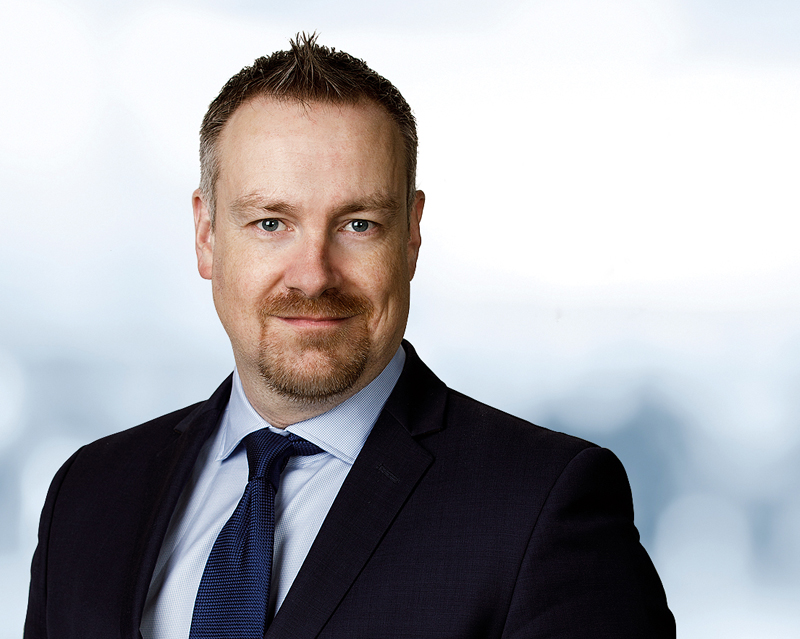
Stuart Paynter is Chief Financial Officer of Oxford BioMedica plc. Mr. Paynter joined Oxford BioMedica and the board in August 2017. He has 16 years’ experience in the pharmaceutical and health care sectors. He qualified as a chartered accountant with Haines Watts before moving to EDS. He subsequently joined Steris and worked in a variety of roles within the health care and life sciences divisions, prior to becoming the European Finance Director. He then moved to Shire pharmaceuticals where he became the senior director of finance business partnering for all business outside of the U.S. He then moved to a corporate finance role before becoming the global head of internal audit. Prior to joining Oxford BioMedica, he was head of finance business partnering at De La Rue plc. In this exclusive 3,519 word interview with the Wall Street Transcript, he describes the high growth strategy of Oxford BioMedica, a leader in the new gene therapy platform sector.
“Oxford BioMedica is one of the world’s leading gene and cell therapy companies that has a lentivirus-based platform. In the world of gene and cell therapy, there really are two vector approaches: the AAV — adeno-associated virus — approach and the lenti family-based approach that includes both lentivectors and gamma-retro vectors. We deal exclusively on the lenti side. This focus enabled us to partner with companies like Novartis, our lead partner on the launched product in the U.S. called Kymriah, which is an ex vivo therapy…We take a dual approach for use of the lentivector platform. We license it out to our partners, and we also have a product development team in-house.”
The company has a complete lock on this important gene therapy system:
“In terms of our uniqueness, we have safety patents on the lentivector platform out to 2023 and some manufacturing patents that go out to the end of the 2020s and into the 2030s. At the moment, we are the only launched lentivecto…We also have very significant know-how in terms of how to make lenti without destroying most of it. It is a complex process. We have gone the furthest along in characterizing it. Like I say, we are the only commercially and FDA-approved manufacturer of lenti in the world, so we have a proven solution.”
Read the complete 3,519 word interview with Stuart Paynter, Chief Financial Officer of Oxford BioMedica in the Wall Street Transcript to get the full picture of this exciting high growth company.
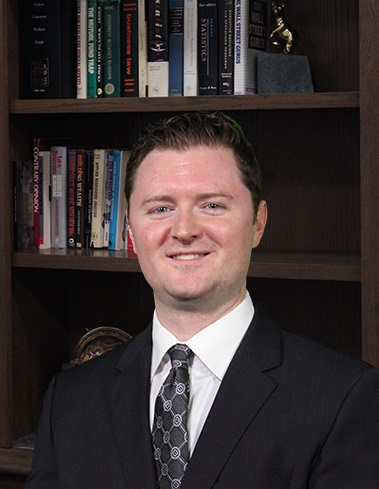
Matthew Watson is Assistant Vice President at James Investment Research, Inc. He graduated from Wright State University in 2007 and 2008, where he received degrees in accounting and finance and received his Master of Accountancy degree, respectively. He has also earned Chartered Financial Analyst and Certified Public Accountant designations. In this exclusive 2,959 word interview with the Wall Street Transcript, Matthew Watson details his firm’s investment philosophy and top picks.
“We were founded in 1972 by Dr. Frank James, who is still the Chairman of James Investment Research. Dr. James was the pioneer of relative strength, or what we commonly know as momentum today. This is something that we still use in our stock selection methodology today. In the beginning, he started managing money for friends and family, and over time, we’ve grown into a firm that manages approximately $4 billion in assets… it starts with preservation of capital as the key to long-term wealth creation. The way that the math works out, if you don’t have large drawdowns in your portfolio, it’s easier to catch up in market recoveries. From there, we do have a top-down macro approach to the economy.”
One of their most interesting picks is an out-of-favor car manufacturer:
“One of the stocks that we think could do well in the future and could actually benefit from some of the negative sentiment that has come out recently is actually General Motors (NYSE:GM). It’s very cheap today, selling for a p/e of around 6, has a very high shareholder yield, meaning dividends and buybacks today are somewhere approximately around 10%. Their sales are mostly in North America. So they’re not hurt as bad by a rising U.S. dollar…”
To get all the top picks and the deliberate investment analysis that leads to them, read the entire 2,959 word interview with Matthew Watson of James Investment Research in the Wall Street Transcript.
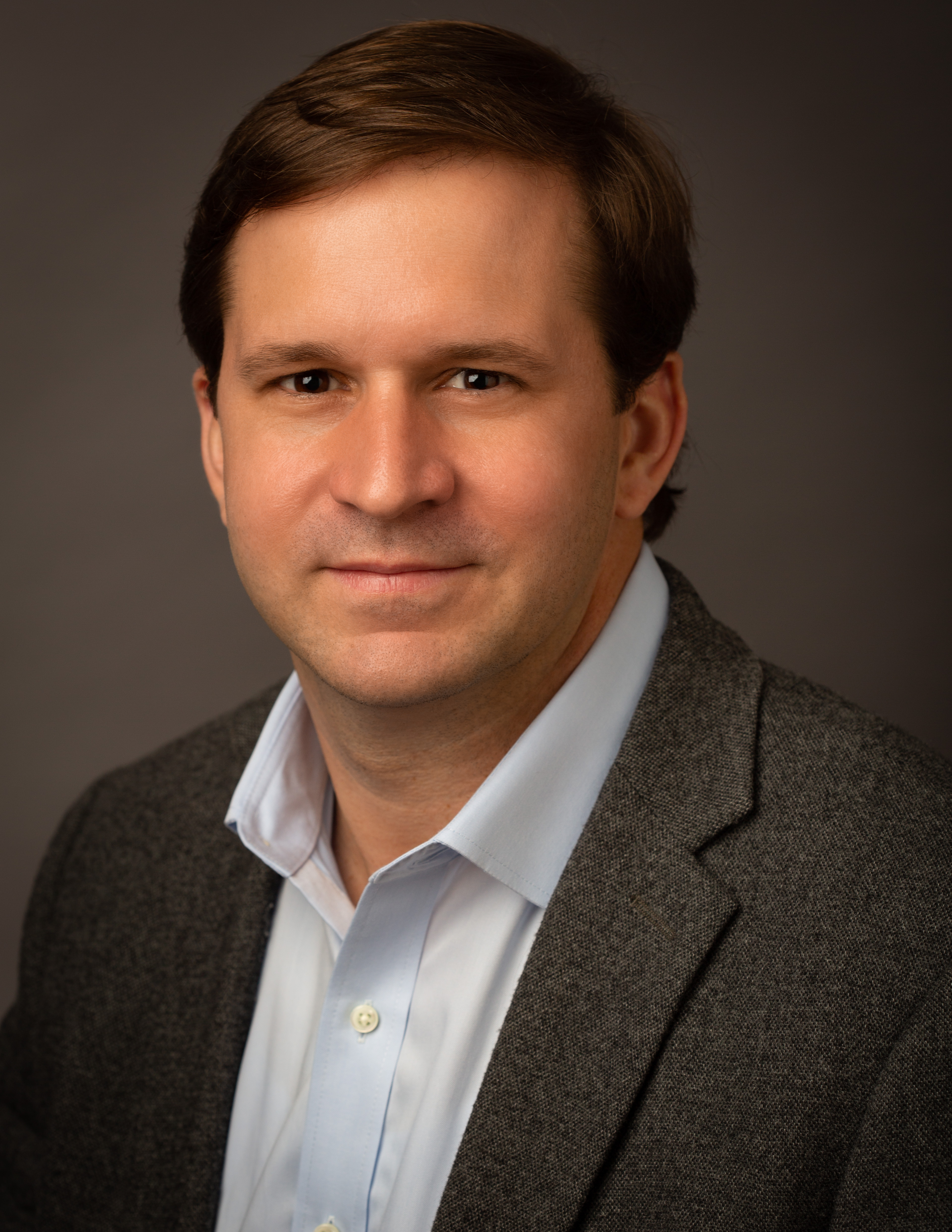
McGavock Dunbar, CFA, is Principal, Equity Analyst at Vulcan Value Partners. Mr. Dunbar joined Vulcan Value Partners in 2010. Prior to joining Vulcan Value Partners, he interned at New Capital Partners, a private equity firm headquartered in Birmingham, Alabama, while working toward his MBA at the Darden School at the University of Virginia. Before attending graduate school, Mr. Dunbar worked as an Associate in the investment banking department at Susquehanna International Group. In his time there, he trained as an Assistant Trader in Susquehanna International Group’s options market making program, then moved on to help build and launch the investment banking department. After the launch, he executed public equity offerings and merger and acquisition transactions for companies in a number of different industries including alternative energy, health care, business services, and Asian technology and consumer sectors.
In his exclusive 2,562 word interview with the Wall Street Transcript, McGavock Dunbar details his firm’s investment philosophy and top picks.
“We continue to be a privately held, majority employee-owned business. We still operate five strategies with the same basic investment philosophy. The strategies are large cap, small cap and all cap, which are more diversified strategies with 20 to 40 positions. Lastly, we have two concentrated strategies: Focus and Focus Plus, which hold between seven and 14 positions…In every strategy, we have the same investment philosophy of investing in really high-quality businesses when they’re trading at a discount to fair value.”
McGavock Dunbar is not shy about exiting from portfolio positions once they have become fully valued:
“For the most part, we have been trimming positions that are close to fair value. There is nothing wrong with the businesses; we are just recycling capital in the way that I described before. So companies like InterContinental Hotels (NYSE:IHG), SS&C Technologies (NASDAQ:SSNC), CBRE (NYSE:CBRE), O’Reilly (NASDAQ:ORLY) and Sabre (NASDAQ:SABR) are all companies that we’ve exited among large caps. But we will continue to follow these businesses.”
To see the most recent buy list from Vulcan Value Partners, read the entire 2,562 word interview in the Wall Street Transcript.
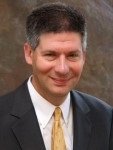

Joseph W. Garner is Director of Research and a member of the Small Cap Growth Portfolio Management team at Emerald Advisers LLC, and he is also a Portfolio Manager of the Emerald Growth Fund. Mr. Garner’s research is focused on small and midsize firms in the business services, capital goods, consumer, financial services and technology sectors. In 1997, he was named as a “Home-Run Hitter” byInstitutional Investor magazine.
Stacey L. Sears is Senior Vice President and a member of the Small Cap Portfolio Management team since 2002 at Emerald Advisers LLC. Ms. Sears has been employed by Emerald since 1992 and maintains research coverage of the retail, apparel, consumer goods and consumer technology companies and is primarily responsible for Emerald’s portfolio-management-related client communications.
These two award winning portfolio managers discuss their top picks in this 5,132 word exclusive interview in the Wall Street Transcript.
Stacey Sears describes the firm’s investment focus this way: “The firm was founded in 1991 under the basic premise that earnings growth drives stock prices and that the best way to assess revenue and earnings opportunities is by being out in the field and meeting with management, and understand the market by meeting with customers, competitors, suppliers and vendors. That’s really the cornerstone of our research process. So we are truly fundamental bottom-up.”
One of Joseph Garner’s top picks is an example of this in-depth analysis: “…in late 2016, an individual by the name of Billy Cyr became the CEO of Freshpet (NASDAQ:FRPT), coming to them from Procter & Gamble (NYSE:PG), where for several years he led their juices division, Sunny Delight to be specific…Over 70% of the individuals who bought it once would buy it again, which is very high by industry standards, yet the household awareness and penetration levels were very low, particularly compared to its peers in the pet food industry…So the strategy was, we’ve got a great product, we’ve got the distribution channel, we’ve got the manufacturing capacity in place, we need to make more people aware of this product. So they increased their media spend by over 60% in 2017, have done it again in 2018 and have seen a significant lift in the retail sales of the product…”
To get more top picks from this award winning portfolio management team, read the entire 5,132 word interview in the Wall Street Transcript.

Michelle Stevens, CFA, is Senior Portfolio Manager and Managing Director at Baird Equity Asset Management. Ms. Stevens has 22 years of investment industry experience, having managed mutual funds, subadvised funds and institutional separate accounts in the small, small/mid — smid — and all-cap value equity disciplines. In this exclusive 3,358 word interview in the Wall Street Transcript, Michelle Stevens details her investing philosophy and current top picks for investors.
“Our process, just to go a little bit further, is to identify good companies mispriced by the market. We like businesses that have high returns on equity and a solid earnings growth profile. We believe that companies with high returns through the market cycle indicate that they have some sort of competitive advantage or high barriers to entry. So we like those types of businesses, but we’re very true to our value discipline. In that regard, we’re not willing to pay a premium for those businesses based upon their growth rates. So to do that, we’re always seeking companies where we believe there is what we call a predictable surprise — that is, a catalyst for earnings surprise — and then ultimately p/e multiple expansion.”
Ms. Stevens goes into detail on several of her current top portfolio picks:
“Just to give you an example, one of the names in the portfolio is a company called Cypress Semiconductor (NASDAQ:CY). This is a business that’s really been transformed over the last three years. They completed three large transactions that changed the business from more commodity-related semiconductor chips to a focus on much higher growth areas of the market with better margins. They’re now number one in a lot of auto categories where we’re seeing double-digit growth…They’re also number one in things related to the connected car, like Wi-Fi, Bluetooth and touch screen.”
Read the entire 3,358 word interview in the Wall Street Transcript to get the full detail and more top picks from Michelle Stevens of Baird Equity Asset Management.

Art Amador, CFP, is the COO and Co-Founder of EquBot. Mr. Amador brings more than a decade of experience in the investment management industry. Most recently, he spent eight years serving as a vice president at Fidelity Investments, where he was responsible for over $1.3 billion in assets. In 2012, Mr. Amador was recognized as Fidelity’s number-one consultant in the U.S. In this exclusive 3,157 word interview in the Wall Street Transcript, Art Amador describes in detail the development and deployment of a radical new investment innovation.
“In both of the ETFs that we are part of, the AI system typically makes recommendations to buy and sell on a daily basis. Passively managed funds by design can be quite rigid, as they are predominantly rules-based and rebalance on a rigid schedule. Our actively managed approach provides us with more flexibility as the investment data environments and system capabilities continue to grow and shift.”
The technology enables the common investor to participate in high level financial engineering:
“The high-level concept is that the EquBot AI technology mimics the investment process of an army of equity research analysts, traders and portfolio managers who are working around the clock. The system utilizes publicly available financial data, such as 10-Ks and 10-Qs, and current market data to build predictive models on over 15,000 global companies. The system also analyzes over 1 million regulatory filings, quarterly releases and news articles as well as social media postings every day. It looks at company management teams, market sentiments and analyzes global market event impact on our investment universe…The system looks at a variety of trading indicators and what is affecting security prices and when these securities should be traded. In the background, the system is actually running thousands of hypothetical portfolios and testing both the decisions that the system is making and the decisions that the system did not make. We want to ensure that the investment strategy is better tomorrow than it is today.”
Read the detail on this fascinating development in equity investing in the full 3,157 word interview in the Wall Street Transcript.
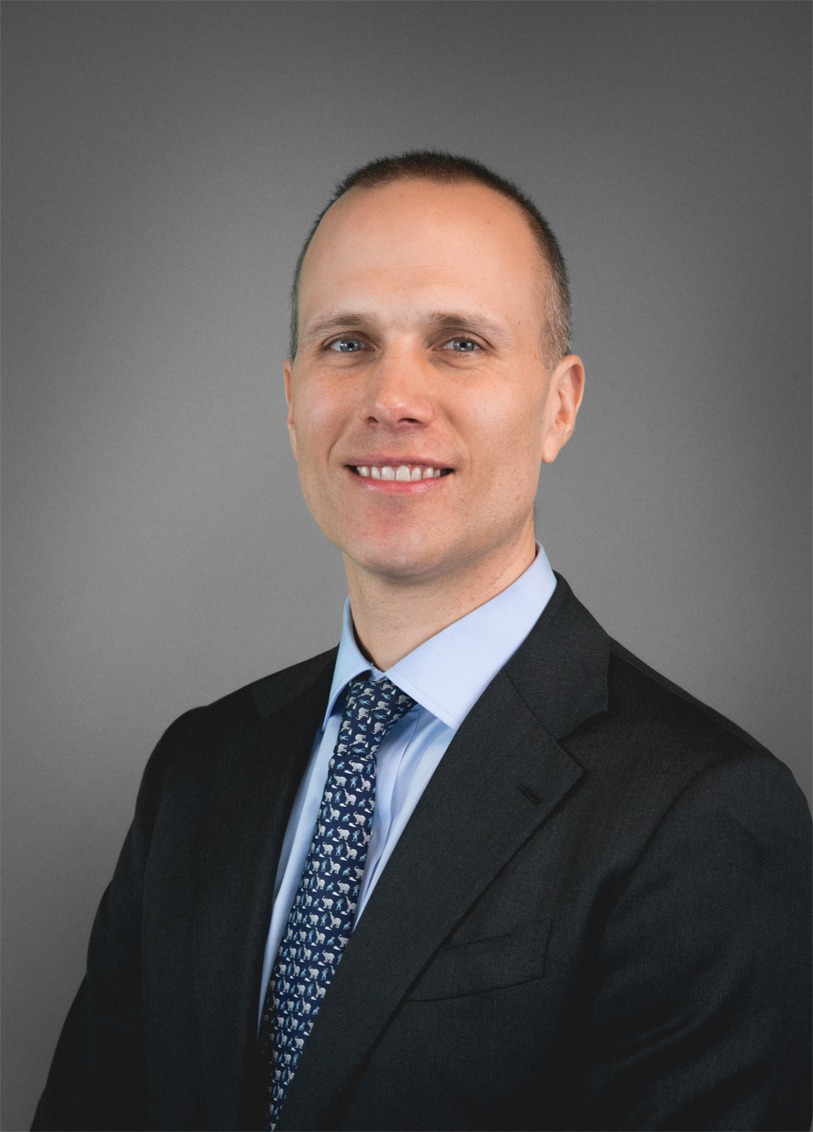
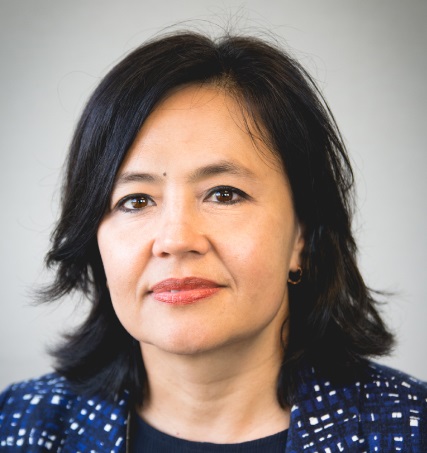
Kevin V. Dreyer is the Co-Chief Investment Officer, Value at GAMCO Investors, Inc. He serves as a portfolio manager of the Gabelli Asset Fund, the Gabelli Equity Trust, the Gabelli Dividend & Income Trust, the Gabelli Healthcare & WellnessRX Trust, the Gabelli ESG Fund, the Gabelli Global Small and Mid Cap Value Trust, and the Gabelli Food of All Nations NextShares. He is also part of the All Cap Value, Small Cap Value and ESG/SRI separately managed account portfolio management teams. Mr. Dreyer joined GAMCO in 2005 as a research analyst following the food and beverage industries. He began his career as an investment banking analyst at Banc of America Securities in the mergers and acquisitions department.
Christina Alfandary is the Managing Director, ESG and Sustainable Investments at GAMCO Asset Management Inc. At GAMCO, Ms. Alfandary oversees the company’s expansion of its ESG integration efforts and ESG investing capabilities. Ms. Alfandary has over 25 years of experience in the investment business. Prior to rejoining GAMCO, she served as Senior Managing Director, Co-Head of Nikko Asset Management Americas, Inc., until 2015. Among her responsibilities, she was instrumental in a U.S. product launch of an innovative green bond product developed in collaboration with the World Bank. Prior to Nikko AM, she was a vice president at GAMCO Investors from 2000 to 2005 where she worked with institutional and high net worth clients.
In this exclusive 3,977 word interview with the Wall Street Transcript, these two highly experienced money managers detail their methodology and their current top picks.
“Even though we are ESG investors, we are also first and foremost value investors. I think one thing that distinguishes us from some other ESG-focused funds is that we’re really marrying ESG with value and looking for companies that are employing best practices in environmental, social and governance, and with that old-fashioned notion of looking for really good businesses that are generating cash flow and that we’re buying at a good price, at a discount to what we think it’s worth over time.”
Another high return food and nutrition products company in their portfolio is a repeat successful acquisition story:
“Another one that’s done well, but in a very different way is a company called Post Holdings (NYSE:POST), which is again in the food area, which is, you can probably tell, where I came out of as an analyst. Post sounds like a cereal company, and they do have a cereal business. I really think of it more like a private equity firm that happens to focus on the food industry and uses the Post name. So they’ve grown through acquisition over time. They’ve taken the cash flows from that Post cereal business. They use those cash flows to lever up and buy additional businesses, and then, they pay down debt and then look to do that again.”
To get all the detail, read the entire 3,977 word interview in the Wall Street Transcript.
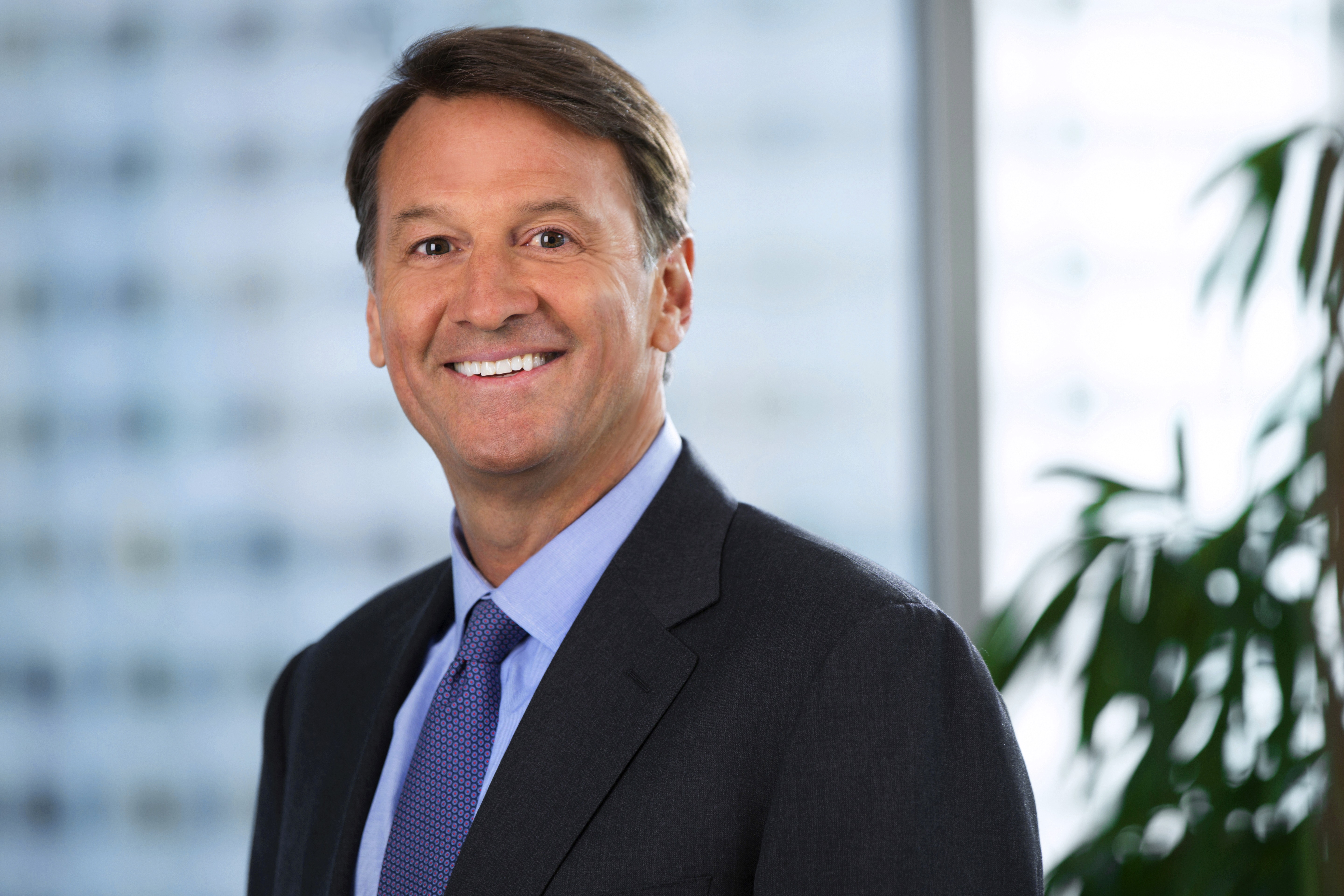
William A. Muggia is President, Chief Executive Officer and Chief Investment Officer at Westfield Capital Management Company, L.P. Mr. Muggia joined Westfield Capital Management in April 1994. In addition to his executive duties, he chairs the investment committee, serves as Market Strategist and contributes investment ideas primarily within the health care and energy sectors. In 2001, Mr. Muggia was promoted to President and Chief Investment Officer and now oversees all of Westfield’s U.S. equity and hedge fund strategies. In this role, Mr. Muggia and his team have grown the firm from $2 billion to $14 billion in assets under management. Prior to joining Westfield, Mr. Muggia worked in the Technology Investment Banking Group at Alex Brown & Sons, where his responsibilities included mergers and acquisitions, restructuring and spinoffs. Before that, he was a vice president at Kidder, Peabody & Company. Mr. Muggia graduated from Middlebury College and received an MBA from Harvard Business School. Mr. Muggia and his family are very active in community service, focusing their efforts on education for underprivileged youth. He was a member of the board of directors of City Year Boston, a nonprofit organization focused on education for inner-city children. Mr. Muggia is currently on the board of Squashbusters, a successful Urban Squash nonprofit.
In this 3,724 word exclusive interview with the Wall Street Transcript, William Muggia reveals the strategic decisions that have led to a successful portfolio management firm.
“The history of the firm — briefly — it was founded in 1989 by Mike Hazard as a high net worth shop. I joined in 1994 as an analyst and to grow an institutional small-cap business. The Founder sold it to Boston Private Bank in 1997. When the bank took TARP during the 2008 crisis, we were able to buy the firm back from the bank. In 2009, we returned ourselves to 100% employee ownership. The equity ownership is great to both attract and retain talent — that was a critical thing to do in my opinion.”
An example of the portfolio picks for Westfield is a cholesterol drug development company:
“Alex Denner was Carl Icahn’s biotech guy, and he left to form Sarissa Capital…We were involved with a company last year called ARIAD where he was an activist and got on the board. It was eventually sold to Takeda (OTCMKTS:TKPYY). We also owned Bioverativ, the Biogen (NASDAQ:BIIB) spinoff. He got involved as an activist there. That company was also acquired, and I believe Medicines Company is currently Sarissa’s largest holding. He is on the board and has refreshed the board with new talent that we feel will work in the best interest of shareholders.”
Get the full detail on this and all the other top picks from William Muggia of Westfield Capital in his 3,724 word interview in the Wall Street Transcript.

William Bales serves as Portfolio Manager and member of Bullseye Asset Management LLC. He previously served as the Portfolio Manager at Janus Capital Management responsible for the Janus Venture Fund and separately managed portfolios in the small-cap growth discipline. Mr. Bales joined Janus Capital Management in 1991 and became an analyst in 1993. He served as co-manager of the Janus Venture Fund from 1997 and became the sole portfolio manager in January 2001. Mr. Bales was selected as one of Barron’s Top 100 Fund Managers in 2001 and 2005, and received multiple awards from Lipper in 2008 for “Best Fund over 5 Years” and “Best Fund over 3 Years.” Mr. Bales was featured in Investor’s Business Daily in February 2007 under “Mutual Fund Profile.” In this exclusive 2,985 word interview with William Bales, the Wall Street Transcript reveals his top picks and methodology for our readers.
“You’ve heard before that “bull markets don’t die of old age, they die either from the ill effects of the credit cycle or from a policy mistake by the central bank tightening too quickly.” The Fed had been easing to protect the United States from going into another Great Depression, and now we’re seeing the unwinding of that process. Because the economy is strong and corporate earnings are doing very well, that’s allowing interest rates to start going back up to get to a more normalized level. This normalization sets up for a really good environment for small-cap companies.”
A good example of riding high on the bullseye investment decision is the portfolio pick Ultimate Software:
“Our research on Ultimate Software discovered a company at $5 that is worth over $275 today. That’s what we would call long-term investing. We bet on the management team that’s doing the right thing with their business plan, and we bought it at the right price. Over the years, the different business cycles will give you opportunities to buy and sell a stock, but once we find good businesses, we like to hold them. Good companies get bought, while bad companies get sold, and we’re trying to find those best-of-breed-type business models.”
Get all the top picks from William Bales of Bullseye Asset Management by reading the entire 2,985 word interview in the Wall Street Transcript.